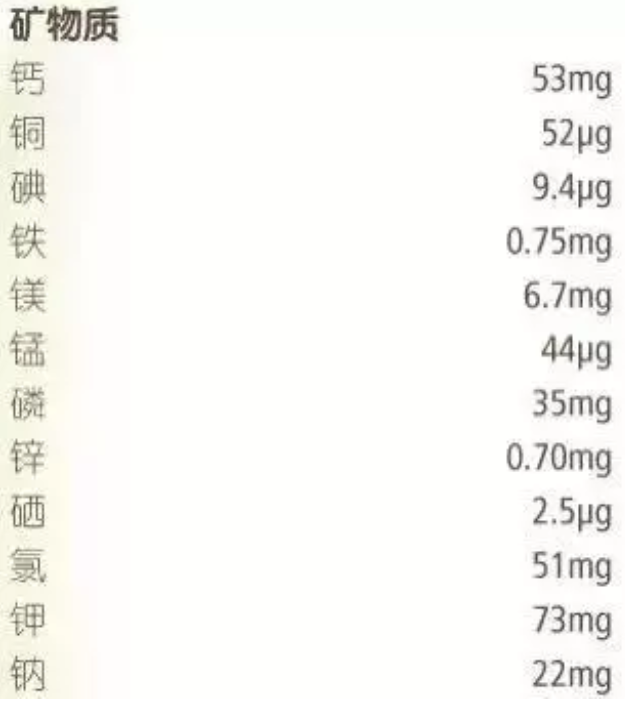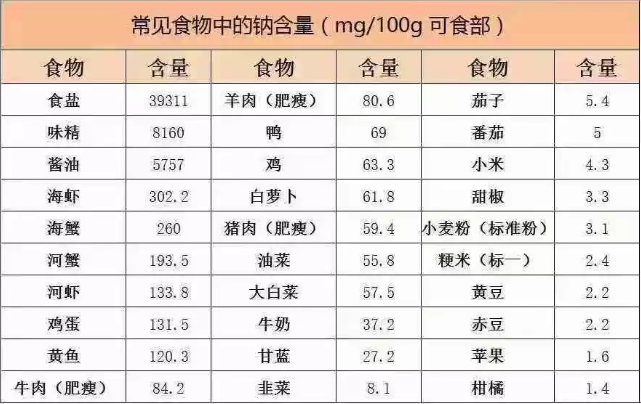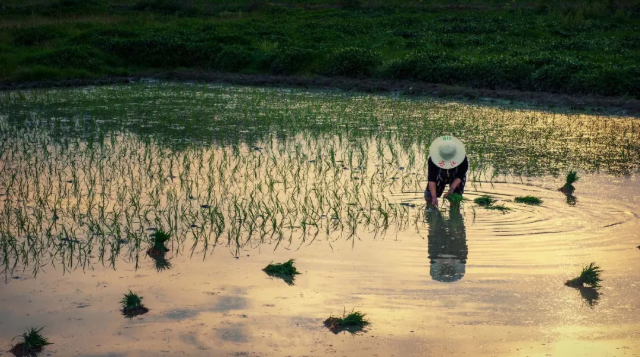
Most of the time, there will be more than five people in a family of three that has just completed the plan of creating a baby, plus grandparents and grandparents who come to take care of the children.
It is impossible for so many people to take the baby together without any disputes.
One of the most common disputes is whether the baby can eat salt after adding supplementary foods. What parents may not know is that many foods naturally contain sodium ions, such as 132.2 mg/100g of sodium in green vegetables that children often eat.
Today, we invited Meng Dad Pan Chaoqun, a medical doctor, to talk to parents about this [salty] matter!
Invisible sodium
In the Chinese diet, about 70 ~ 80% of sodium is provided by salt. Sodium ions are essential to our human life activities.
However, for infants, they do not need to rely on salt and can already eat enough sodium for their life activities.
Within 6 months of age
For infants under the age of 6 months, it is generally enough to consume only 170 milligrams of sodium per day, which is equivalent to about 0.4 grams of salt (every gram of salt contains about 400 milligrams of sodium).
However, the analysis and testing of breast milk components of Chinese mothers show that the sodium content in every 1,000 milliliters of breast milk is about 230 milligrams. In other words, as long as the baby’s breast milk reaches 750 milliliters per day, it can meet the needs of one day.
Therefore, for infants under 6 months old, breast milk is the main and only source of sodium intake.
So, what about artificially fed babies?
Then don’t worry!

This is a list of mineral content per 100ml of milk of an imported milk powder brand. It can be clearly seen that the sodium content is 22 mg/100ml. In other words, as long as you eat less than 800ml of milk every day, you can also meet the needs of one day.
Babies aged 6 months to 1 year old
For infants aged 6 months to 1 year old, 350 milligrams of sodium are required to be consumed every day, which is equivalent to about 0.9 grams of salt.
Although the baby’s dairy intake will gradually decrease from the age of 6 months, during this period, most babies will also start to add supplementary foods.
Therefore, we also don’t need to worry. The following table is a list of sodium contents in common infant foods.

Some time ago, a mother asked me why many salmon puree products are supplemented with sodium on the nutrition table.
This is a good explanation. Salmon puree is made of salmon, and the fish naturally has sodium. However, the sodium intake is completely within the normal range, and infants also rely on these supplementary foods for sodium intake.
In the case of not eating salt, there is not a little sodium in the supplementary food, then something will happen!
1 to 3 years old
For babies aged 1 to 3, the daily sodium intake needs to be maintained at about 700 milligrams, equivalent to about 1.8 grams of salt.
For children with a balanced diet, most sodium intake during this period still depends on food, not salt.
At this time, it is only recommended to add a little salt when cooking every day, and if it contains iodized salt.

Is it really so harmful not to eat salt?
Many old people will hold the view that if children do not eat salt, they will have no strength!
Through our above discussion, we should also basically understand that it is basically impossible for children under 1 year old to lack [salt].
Apart from sodium intake, the so-called lack of strength without salt is totally bullshit!
The view that one does not eat salt and has no strength has been handed down from ancient China. We can actually analyze this problem clearly by tracing back and analyzing it.
About 10 years ago, I once saw a TV series < < Detective Di Renjie 3 > >. In this TV series, I talked about a case of salt shortage, salt shortage, salt dealers hoarding salt and exotic goods to live in in Huaibei area.
Why is there a shortage of salt?
That’s because, in ancient times, resources such as salt and iron were scarce, so they were all allocated, produced, transported and sold by the state. However, once this process goes wrong, it will lead to salt shortage.
At this time, there will be private salt dealers, and the common people can only buy these private salts at high prices. However, because of poverty, they dare not buy too much salt and can only make do with some food.
In addition, the ancient Chinese economy was dominated by agricultural production, which was labor-intensive. When a lot of work was done, it would lead to sweating, loss of electrolyte (mainly sodium), and when serious, electrolyte disturbance would occur.

As a result, there has been a saying that if you don’t eat salt, you won’t have the strength.
This statement was not unscientific in ancient times. It was also the experience summed up by our ancestors at that time.
However, to this day, if these old experiences are still regarded as the Bible, then it is really clinging to the remnants and keeping the gaps.
This kind of situation will not happen to infants today, because on the one hand there is enough sodium in the food, on the other hand, infants seldom sweat like rain and lose a lot of salt (except for severe diarrhea).
Is there any harm in eating salt?
For infants, eating too much salt is certainly harmful!
First of all, we have been talking about increasing the burden on the kidney before.
All the sodium we eat has to be treated by the kidney and then excreted out of the body through urine. However, infants’ kidneys are not mature. Excessive intake of sodium will increase the workload of the kidneys, thus causing damage.
Secondly, it is a long-term impact.
Infants and young children are actually very sensitive to taste. At this time, long-term intake of high-salt food will make children have heavy taste.
However, a long-term high-salt diet may greatly increase the probability of children suffering from cardiovascular diseases such as hypertension as adulthood.

